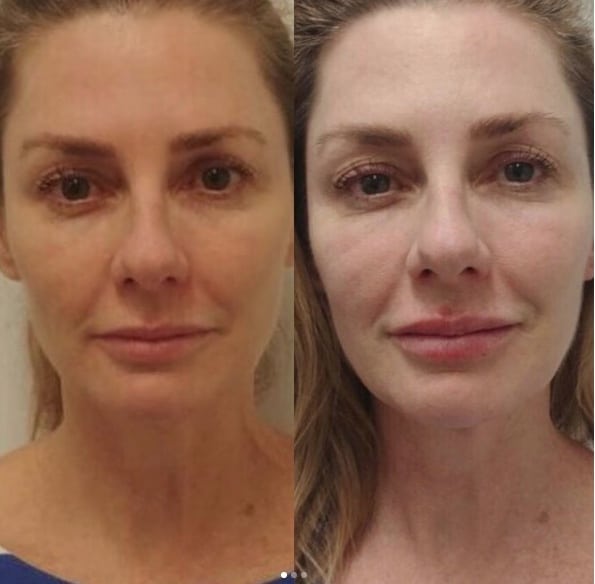What is Melasma?
Melasma is a chronic skin disorder that results in symmetrical, blotchy, brownish facial pigmentation. It can lead to considerable embarrassment and distress.
This form of facial pigmentation is sometimes called chloasma, but as this means green skin, the term melasma (brown skin) is preferred.
What causes Melasma?
The cause of melasma is complex. The pigmentation is due to overproduction of melanin by the pigment cells, melanocytes, which is taken up by the keratinocytes (epidermal melanosis)
and/or deposited in the dermis (dermal melanosis). There is a genetic predisposition to melasma, with at least one-third of patients reporting other family members to be affected.
In most people melasma is a chronic disorder.
Known triggers for Melasma include:
? Sun exposure—this is the most important avoidable risk factor
? Pregnancy—in affected women, the pigment often fades a few months after delivery
? Hormone treatments—oral contraceptive pills containing oestrogen and/or progesterone, hormone replacement, intrauterine devices and implants are a factor in about a quarter of affected women
? Certain medications, scented or deodorant soaps, toiletries and cosmetics—these may cause a phototoxic reaction that triggers melasma, which may then persist long term
? Hypothyroidism (low levels of circulating thyroid hormone)
Melasma commonly arises in healthy, non-pregnant adults and persists for decades. Exposure to ultraviolet radiation (UVR) deepens the pigmentation because it activates the melanocytes
to produce more melanin.
Research is attempting to pinpoint the roles of stem cell, neural, vascular and local hormonal factors in promoting melanocyte activation.
Who gets Melasma?
Melasma is more common in women than in men; only 1-in-4 to 1-in-20 affected individuals are male, depending on the population studied. It generally starts between the age of 20 and 40 years, but it can begin in childhood
or not until middle-age.
Melasma is more common in people that tan well or have naturally brown skin (Fitzpatrick skin types 3 and 4) compared with those who have fair skin (skin types 1 and 2) or black skin (skin types 5 or 6).
Duquessa is a Sanctuary for your skin. For more information please call our booking office on 03 9388 9500 or email info@duquessa.com.au




